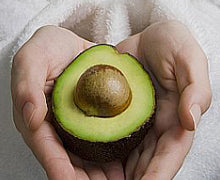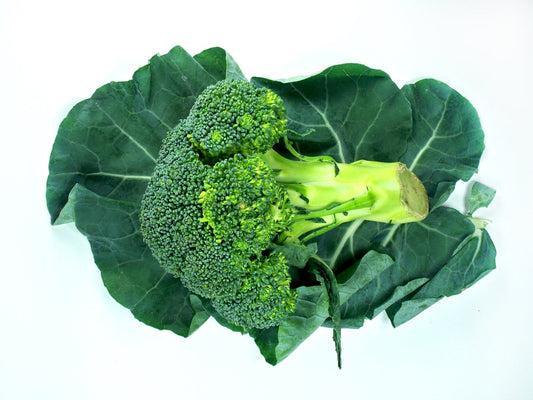
Avocados are growing in popularity and that trend will probably continue as more people become aware of their health benefits. New research from Harvard shows there is a correlation between two or more servings of avocado per week and a lower risk of cardiovascular disease.
Avocados are one of nature’s healthiest fruits. They are high in fiber and healthy fats and contain as many as 20 different nutrients, including high levels of vitamins C, E and B6 as well as potassium, magnesium and folate.
Previous trials have found a correlation between avocado consumption and lower cholesterol, but this is thought to be the first large-scale prospective study that positively associates avocado consumption and a lower risk of adverse cardiovascular events like coronary heart disease and stroke.
"Our study provides further evidence that the intake of plant-sourced unsaturated fats can improve diet quality and is an important component in cardiovascular disease prevention," said Lorena S. Pacheco, Ph.D., from the Harvard T.H. Chan School of Public Health in Boston. "These are particularly notable findings since the consumption of avocados has risen steeply in the U.S. in the last 20 years, according to data from the U.S. Department of Agriculture."
The study examined data from a 30-year span and included 69,000 women aged 30-55 and 42,000 men aged 40-75. All study participants were cancer-free and did not have any documented heart disease or history of stroke at the outset.
During the study period there were 9.200 cases of coronary heart disease and 5,300 strokes. The participants were questioned regarding food intake at the beginning and then again every four years. Among the questions was how much and how often they consumed avocados. One serving equaled a half avocado or roughly ½ cup of avocado.
Study participants who ate at least two servings of avocado per week had a 16 percent lower risk of cardiovascular disease and a 21 percent lower risk of coronary heart disease compared to those who rarely or never ate avocados.
"These findings are significant because a healthy dietary pattern is the cornerstone for cardiovascular health, however, it can be difficult for many Americans to achieve and adhere to healthy eating patterns," said Cheryl Anderson, Ph.D., chair of the American Heart Association's Council on Epidemiology and Prevention. "We desperately need strategies to improve intake of AHA-recommended healthy diets—such as the Mediterranean diet—that are rich in vegetables and fruits.
"Although no one food is the solution to routinely eating a healthy diet, this study is evidence that avocados have possible health benefits," Anderson said. "This is promising because it is a food item that is popular, accessible, desirable and easy to include in meals eaten by many Americans at home and in restaurants."
Click here to read more in the Journal of the American Heart Association.



